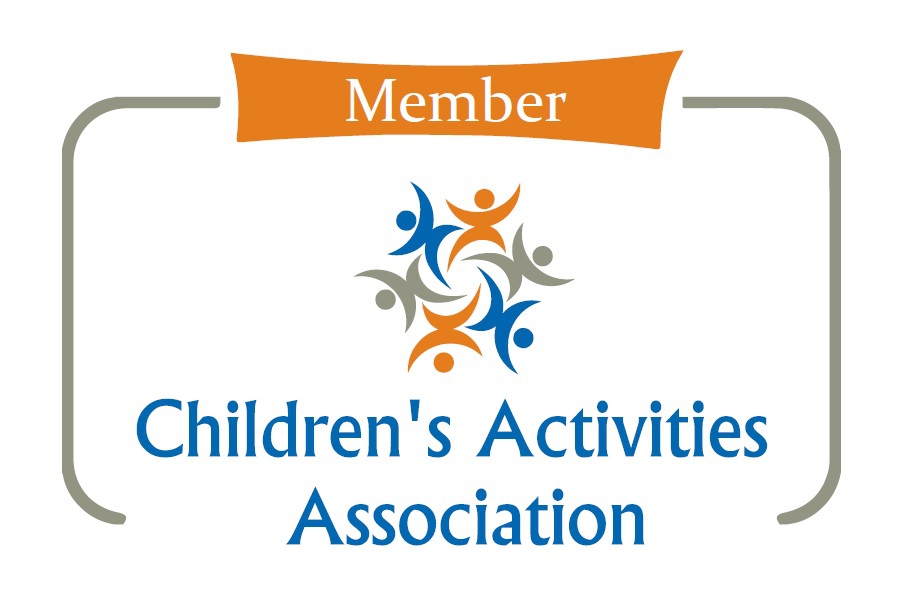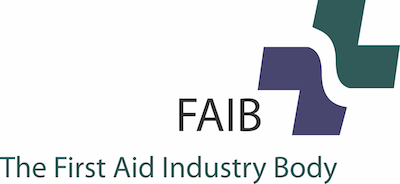It is World Asthma Day on 6th May 2025, so at Mini First Aid we thought it was an ideal time to shine a spotlight on this common lung condition. Asthma attacks sadly kill 3 people in the UK every single day, and even more tragically, with the right knowledge and treatment, many of these deaths could be avoided.
We've consulted Dr. Greg Burch, an Emergency Medicine Specialist at Sussex University Hospitals and Joint CEO of Tiny Medical Apps. He is dedicated to improving asthma management in young people. He co-founded the Digital Health Passport, an app that empowers children and their families to take control of asthma through tracking symptoms, monitoring air quality, and learning correct inhaler usage. Over to Greg to explain more about the signs and symptoms of asthma and how to help someone having an asthma attack.
"From my experience in A&E, I've seen the stark reality of asthma attacks and the distress they cause. Many emergency visits could be prevented with better asthma education and management.
Asthma is a very common long-term lung condition. It affects the airways that carry air in and out of your lungs. In the UK, 5.4 million people have asthma. That's one in every 12 adults and one in every 11 children.
On World Asthma Day it's crucial to focus on enhancing our understanding and ability to manage this challenging condition. Knowledge truly is power, especially when it comes to asthma, a condition that can significantly impact daily life.
The most common symptoms of asthma are:
- Wheezing (listen for a whistling sound when breathing)
- Persistent coughing
- Breathlessness
- A tight chest – your child might describe feeling like their clothes are too tight around their chest area
Improving your knowledge, skills and confidence to manage your asthma (or your child’s) has been shown to improve asthma control and to reduce symptoms.
People with asthma often have sensitive, inflamed airways. Asthma attacks are scary and having asthma can affect mood, energy and ability to participate in activities, or lead to days off school or work. Being able to recognise symptoms, triggers and knowing how best to manage exacerbations can make a huge difference to your quality of life, or that of your child.
There are lots of things that can make asthma worse, but not everyone will be affected by the same things.
Common asthma triggers include:
- Having a cold or the flu
- Smoke and pollution
- Allergies, including hay fever (pollen allergy), dust mites or animals (which might include your pets)
- Emotions, including stress or even laughter
- Medicines, especially those categorised as anti-inflammatory such as ibuprofen or aspirin
- The weather, mostly due to the sudden changes we are prone to in the UK such as rapid temperature changes, cold air, thunderstorms and humidity
- Mould or damp
- Exercise
- Substances within the workplace such as spray paint, grain dust and latex
Finding out what sets off your symptoms means you can work out ways to avoid your triggers if possible.
What are the signs of a severe asthma attack?
An asthma attack can happen suddenly, or build gradually over a few days. Signs of a severe attack include:
- Wheezing, chest tightness and coughing becoming severe and constant
- Breathing faster then usual, and / or a fast heartbeat
- Being too breathless to be able to eat, speak or sleep
- Drowsiness, confusion, exhaustion or dizziness
- Blue lips or fingers. This may be more difficult to spot on black and brown skin where you should look out for an ashy or grey appearance to the lips
- Fainting
- Children might also complain about a tummy ache or a chest ache
Actions to take if a child has an asthma attack and when to call 999:
1. Help them to sit up - don’t let them lie down. Try to keep them calm.
2. Help them take one puff of their reliever inhaler (with their spacer, if they have it) every 30 to 60 seconds, up to a total of 10 puffs.
3. If they don’t have their reliever inhaler, or it’s not helping, or if you are worried at any time, call 999 for an ambulance.
4. If the ambulance has not arrived after 10 minutes and their symptoms are not improving, repeat step 2.
5. If their symptoms are no better after repeating step 2, and the ambulance has still not arrived, contact 999 again immediately.
Important: this asthma advice does not apply to MART inhalers. Speak to your GP or asthma nurse for more information.
Getting help for asthma
One of the most important things to learn is how to use your inhaler correctly. There are many different types and they don’t all work the same way. Some inhalers are best used with a spacer - which ensures more of the medicine gets to the lungs. There are a range of different digital tools to help you manage your care and bring everything you need into one place, including videos on inhaler technique.
Using a free app such as the Digital Health Passport can make managing asthma easier and smarter. The app includes educational resources from trusted sources like the NHS and Asthma & Lung UK, helping you to maximise your knowledge and skills to take control of symptoms. It also has medication reminders to ensure you never miss a dose, preventing flare ups. Additionally, it offers a hub for asthma action plans, symptom tracking, and air quality alerts to enable early intervention and prevent asthma attacks.
According to research by UCLPartners, people who use the app find it easier to manage their asthma - and the initial evaluation data indicates improved asthma control. Those with the poorest asthma control benefit the most from using the Digital Health Passport.
The Asthma & Lung UK website is also an excellent resource to check out.
Listen to our Family Health podcast where we talk to Dr Greg Burch, and Ambreen, whose young daughter lives with asthma, about her symptoms, treatment and the impact this has on her life.
Thank you Dr Greg for this incredibly important blog. Whether your child is currently struggling with asthma, or you just want to be equipped to manage if a child in your care has an asthma attack, we really hope this blog has been helpful.
All the best, The Mini First Aid Team x
First Aid With Freddie Book Bundle – Just £9.99 for Children’s Book Week!
Celebrate Children’s Book Week (5–11 May 2025) with the First Aid With Freddie Book Bundle – just £9.99! This inspiring pair of beautifully illustrated books from Mini First Aid introduces young children to essential life-saving skills in a fun, age-appropriate way. The Mini Adventures of Freddie follows brave little Freddie as he learns about first aid and even helps Mummy after a fall, while award-winning Sit, Chop, Chew teaches safe eating habits to help prevent choking. Written by Mini First Aid founder Kate Ball and illustrated by Hayley Vine, these stories are perfect for Early Years children and make a meaningful addition to story time.








